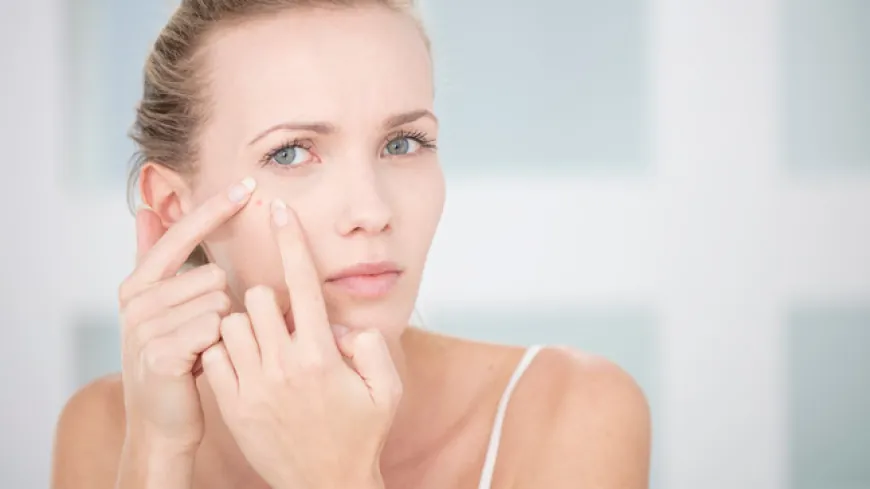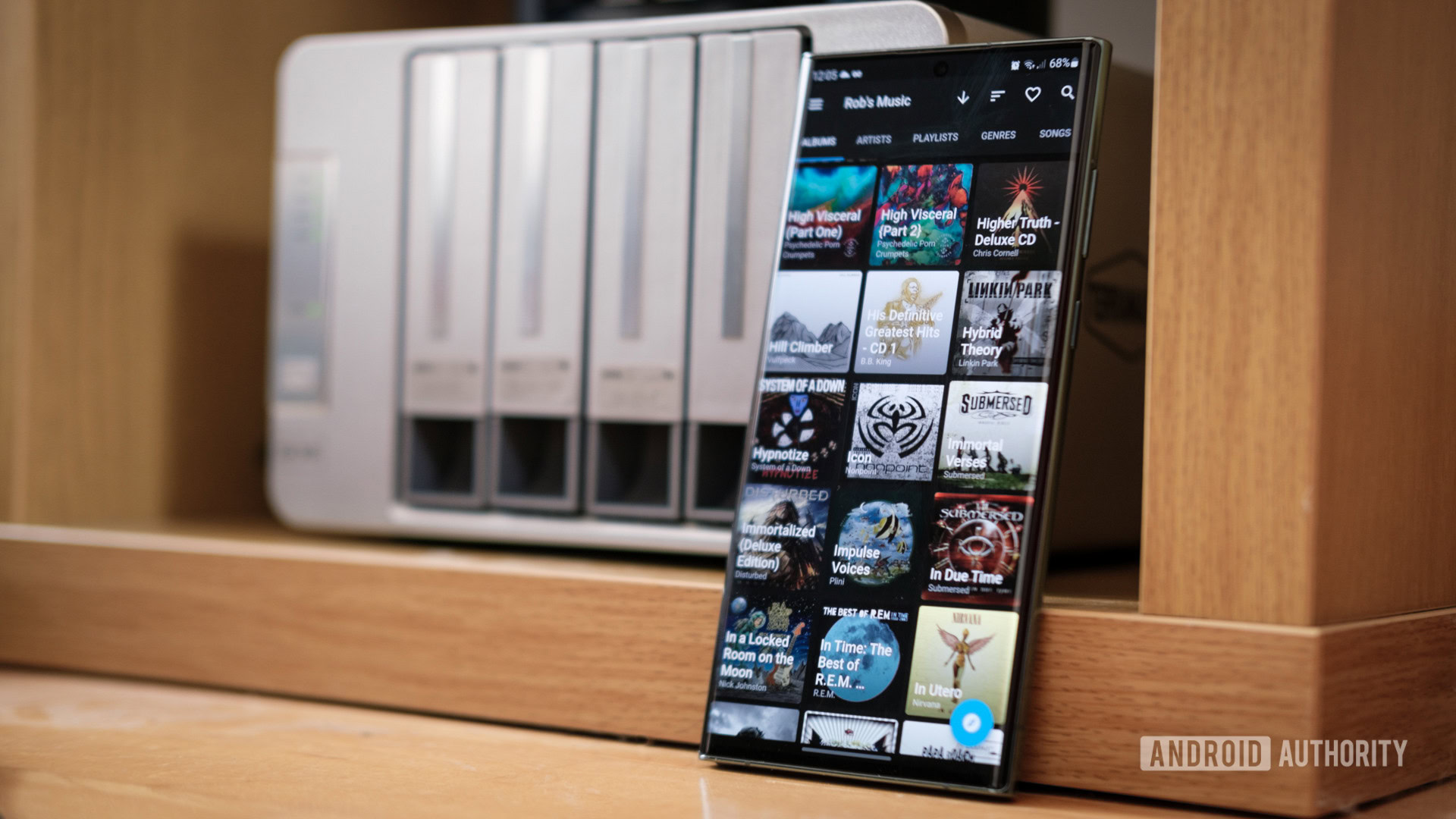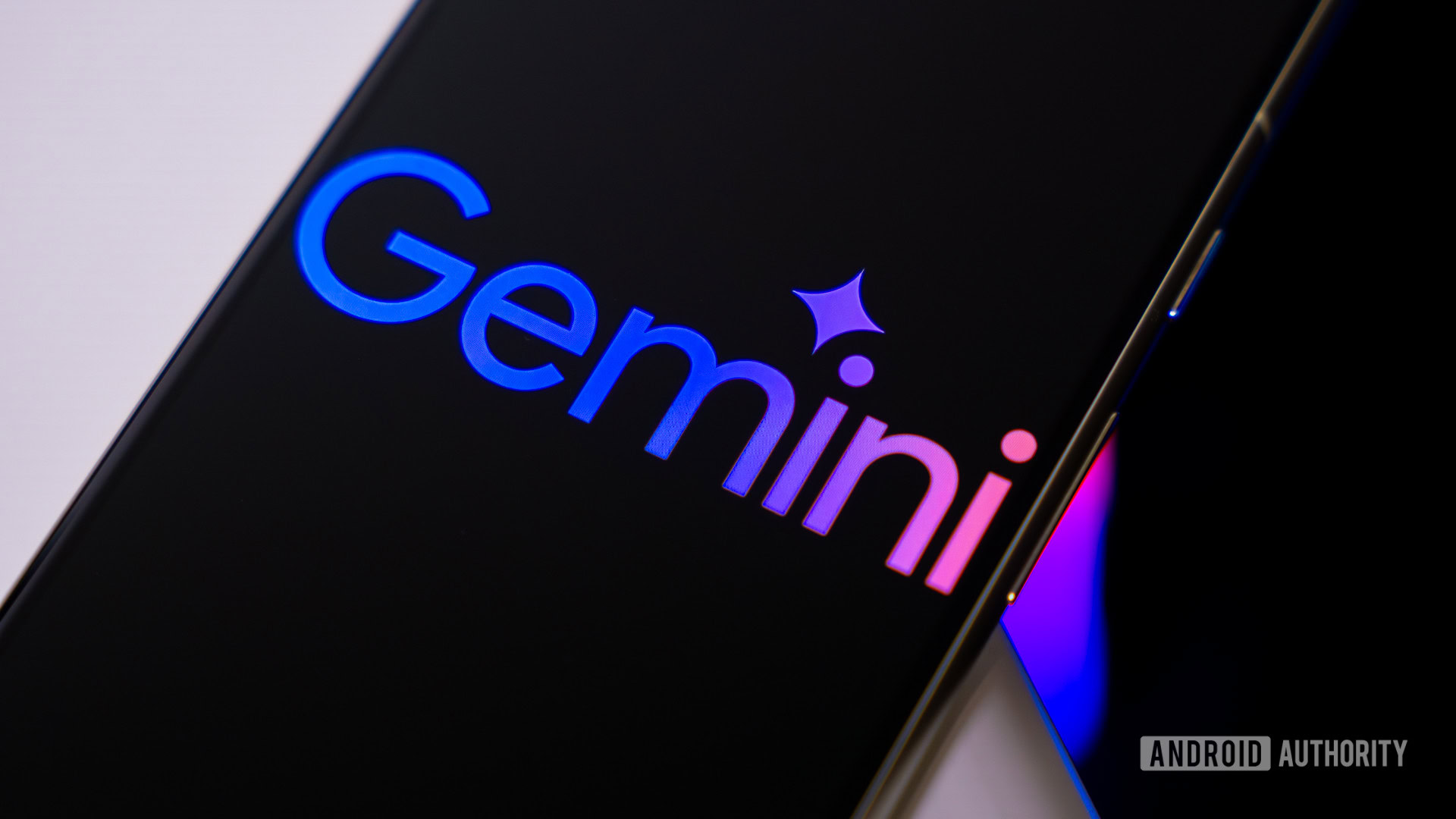The Ultimate Guide to Acne Treatment: From Breakouts to Clear Skin
Best Acne Treatment in Dubai UAE & Abu Dhabi can be done with lasers, injections, light therapy, and chemical peels at the Royal Clinic. Call now to make an appointment.

Acne is one of the most common skin conditions, affecting millions of people worldwide, regardless of age, gender, or skin type. While it can feel frustrating to deal with persistent breakouts, there are numerous treatments available to help clear your skin and prevent future outbreaks. In this guide, we will explore effective strategies for Acne Treatment in Dubai, from over-the-counter solutions to professional interventions.
Understanding Acne: The Basics:
Before diving into treatment options, it’s essential to understand what acne is and how it develops. Acne occurs when hair follicles are clogged with dead skin cells, excess oil, and bacteria. This leads to inflammation and the formation of pimples, blackheads, whiteheads, cysts, and pustules. Several factors can contribute to acne development, including hormonal changes, stress, diet, genetics, and certain medications.
Types of Acne:
There are different types of acne lesions, which can vary in severity:
- Blackheads: Small, dark bumps that form when pores are clogged with oil and dead skin cells.
- Whiteheads: Similar to blackheads but closed at the surface, causing a white or flesh-colored bump.
- Pimples: Red, inflamed spots that may contain pus.
- Cysts: Painful, deep lumps under the skin that can be large and filled with pus.
- Nodules: Firm, large lumps under the skin that are not filled with pus but are often painful.
The Best Over-the-Counter Treatments:
When it comes to treating acne, many people start with over-the-counter (OTC) solutions. These treatments are generally effective for mild to moderate acne, and they are often affordable and easy to find.
Benzoyl Peroxide:
Benzoyl peroxide is one of the most widely used and effective acne treatments. It works by killing the bacteria that cause acne, reducing inflammation, and preventing clogged pores. Available in various strengths, benzoyl peroxide is often found in cleansers, gels, and spot treatments.
- How to Use: Start with a lower concentration (2.5% to 5%) and apply it directly to affected areas once or twice a day. Overuse can lead to dryness, so gradually increase use if needed.
Salicylic Acid:
Salicylic acid is a type of beta-hydroxy acid (BHA) that exfoliates the skin, unclogging pores and helping to clear dead skin cells. It also has anti-inflammatory properties, making it ideal for reducing redness and swelling.
- How to Use: Apply to the skin in the form of a cleanser, toner, or treatment lotion. It is typically used once or twice daily for best results.
Retinoids:
Topical retinoids, such as adapalene, are effective in treating acne by promoting skin cell turnover. This helps prevent clogged pores and reduces the formation of acne lesions. Retinoids are available both over-the-counter and by prescription.
- How to Use: Apply retinoid treatments at night, as they can make your skin more sensitive to the sun. Start with a lower strength and gradually increase as your skin adjusts.
Sulfur:
Sulfur is a natural mineral that helps to dry out pimples and reduce inflammation. It is often found in acne masks or spot treatments.
- How to Use: Apply to affected areas as a mask or spot treatment. It’s gentle enough to use daily, but those with sensitive skin should monitor for irritation.
Prescription Treatments: For Severe Acne:
While over-the-counter products can effectively treat mild to moderate acne, prescription treatments are necessary for more severe cases, such as cystic acne or acne that doesn’t respond to OTC products.
Oral Antibiotics:
Oral antibiotics, such as doxycycline or tetracycline, are often prescribed to reduce bacteria and inflammation in severe cases of acne. They are typically prescribed for a short period to minimize potential side effects.
- How to Use: Taken in pill form, these antibiotics are usually prescribed for several weeks to months, depending on the severity of your acne.
Topical Antibiotics:
Topical antibiotics, such as clindamycin, help reduce inflammation and kill acne-causing bacteria on the surface of the skin. They are often prescribed alongside other treatments, like benzoyl peroxide or retinoids.
- How to Use: Apply as directed by your dermatologist, typically once or twice daily.
Oral Contraceptives:
For women, certain birth control pills can regulate hormones that contribute to acne. These pills contain estrogen and progesterone, which can help reduce oil production in the skin and decrease acne flare-ups.
- How to Use: Consult your doctor to find the right pill for acne treatment.
Isotretinoin (Accutane):
Isotretinoin, commonly known as Accutane, is a potent oral medication used to treat severe, cystic acne that has not responded to other treatments. It works by significantly reducing oil production, unclogging pores, and decreasing inflammation. Due to its potential side effects, isotretinoin is usually a last resort for those with severe acne.
- How to Use: This medication requires close monitoring by a healthcare provider due to potential risks. Patients must follow strict guidelines, including regular blood tests and pregnancy prevention programs.
Home Remedies: Natural Solutions:
While medical treatments are effective for many, some prefer to try home remedies to manage their acne. These methods are often less harsh and can provide relief, particularly for mild cases.
Honey and Cinnamon Mask:
Honey and cinnamon both have antimicrobial properties, which can help reduce acne-causing bacteria and inflammation.
- How to Use: Mix one tablespoon of honey with one teaspoon of cinnamon and apply to your face for 10-15 minutes before rinsing off.
Tea Tree Oil:
Tea tree oil has been shown to reduce acne lesions due to its anti-inflammatory and antibacterial properties. It is a popular alternative to harsher treatments.
- How to Use: Dilute tea tree oil with a carrier oil, like jojoba or coconut oil, and apply to affected areas once or twice daily.
Green Tea Extract:
Green tea contains antioxidants that help reduce inflammation and fight bacteria. Drinking green tea or applying it directly to your skin can help improve acne.
- How to Use: Apply cooled green tea directly to your skin or drink it regularly to benefit from its anti-inflammatory properties.
Preventing Acne: Skincare Tips:
Preventing acne requires consistent skincare habits and a healthy lifestyle. Here are some helpful tips to reduce future breakouts:
Cleanse Gently:
Use a gentle, non-comedogenic cleanser twice daily to remove excess oil, dirt, and impurities from your skin. Avoid harsh scrubbing, as this can irritate the skin and exacerbate acne.
Moisturize Daily:
Even if you have oily skin, it's essential to keep your skin hydrated. Use a lightweight, oil-free moisturizer to prevent dryness and maintain the skin's natural barrier.
Avoid Touching Your Face:
Touching your face throughout the day transfers bacteria, oils, and dirt, which can contribute to clogged pores and acne. Try to avoid touching your face as much as possible.
Follow a Healthy Diet:
Some studies suggest that a diet rich in fruits, vegetables, and whole grains can help improve skin health. Try to limit processed foods, dairy, and sugary snacks, as they can contribute to acne flare-ups.
Stay Hydrated:
Drinking plenty of water helps flush out toxins from your body and keeps your skin hydrated, which can reduce the occurrence of acne.
Conclusion:
Achieving clear skin takes time, but with the right combination of treatments, lifestyle changes, and skincare habits, you can minimize breakouts and achieve healthier, clearer skin. Whether you opt for over-the-counter products, prescription treatments, or natural remedies, consistency is key. Remember, consulting with a dermatologist is always a great step in finding the best acne treatment tailored to your skin type and condition.
What's Your Reaction?
 Like
0
Like
0
 Dislike
0
Dislike
0
 Love
0
Love
0
 Funny
0
Funny
0
 Angry
0
Angry
0
 Sad
0
Sad
0
 Wow
0
Wow
0



















































